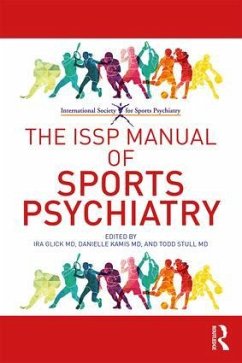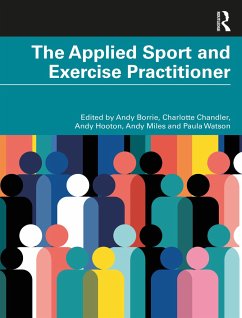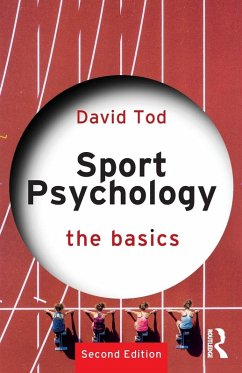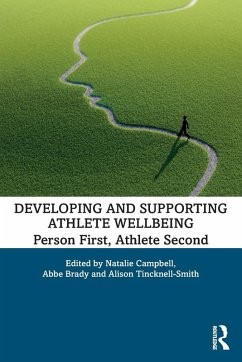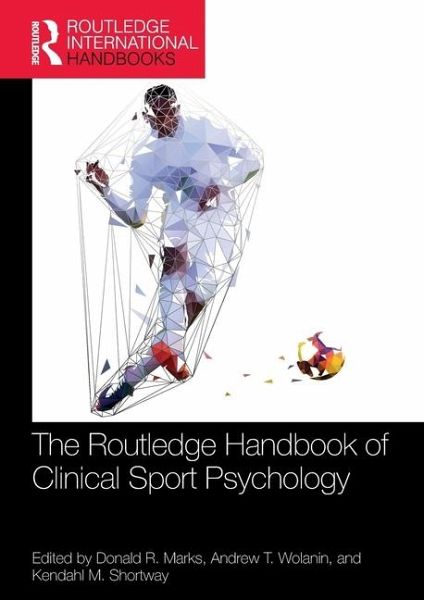
The Routledge Handbook of Clinical Sport Psychology
Versandkostenfrei!
Versandfertig in 6-10 Tagen
48,99 €
inkl. MwSt.

PAYBACK Punkte
24 °P sammeln!
Clinical sport psychology is a rapidly growing field that brings together research and clinical interventions from both clinical psychology and sport and performance psychology. Complementary to sports medicine and clinical sport psychiatry, clinical sport psychology addresses the mental health needs and psychological well-being of athletes, coaches, and other members of the sport community. It offers scientifically informed conceptualizations of psychological distress as it manifests in sport settings, as well as empirically supported clinical interventions tailored to the needs of sport popu...
Clinical sport psychology is a rapidly growing field that brings together research and clinical interventions from both clinical psychology and sport and performance psychology. Complementary to sports medicine and clinical sport psychiatry, clinical sport psychology addresses the mental health needs and psychological well-being of athletes, coaches, and other members of the sport community. It offers scientifically informed conceptualizations of psychological distress as it manifests in sport settings, as well as empirically supported clinical interventions tailored to the needs of sport populations.
This volume addresses the latest research findings regarding mental health among athletes and other sport professionals, including epidemiological research concerning depression, anxiety, eating disorders, and conduct and interpersonal problems. In addition, it explores the unique etiology of mental health problems among athletes, including psychological sequelae of injury and trauma, as well as concise practice guidelines for conceptualizing and treating psychological distress in sport populations. Strategies for thorough yet efficient psychological assessment of athletes, coaches, and other sport professionals are also provided.
A compendium of relevant empirical research and clinical best practices for assessment and treatment, this handbook charts the course that clinical sport psychology has taken since its inception as a distinct clinical specialty and highlights future directions for this rapidly growing practice domain. It offers essential reading for psychologists and other mental health professionals who provide clinical services in sport and performance settings.
This volume addresses the latest research findings regarding mental health among athletes and other sport professionals, including epidemiological research concerning depression, anxiety, eating disorders, and conduct and interpersonal problems. In addition, it explores the unique etiology of mental health problems among athletes, including psychological sequelae of injury and trauma, as well as concise practice guidelines for conceptualizing and treating psychological distress in sport populations. Strategies for thorough yet efficient psychological assessment of athletes, coaches, and other sport professionals are also provided.
A compendium of relevant empirical research and clinical best practices for assessment and treatment, this handbook charts the course that clinical sport psychology has taken since its inception as a distinct clinical specialty and highlights future directions for this rapidly growing practice domain. It offers essential reading for psychologists and other mental health professionals who provide clinical services in sport and performance settings.






